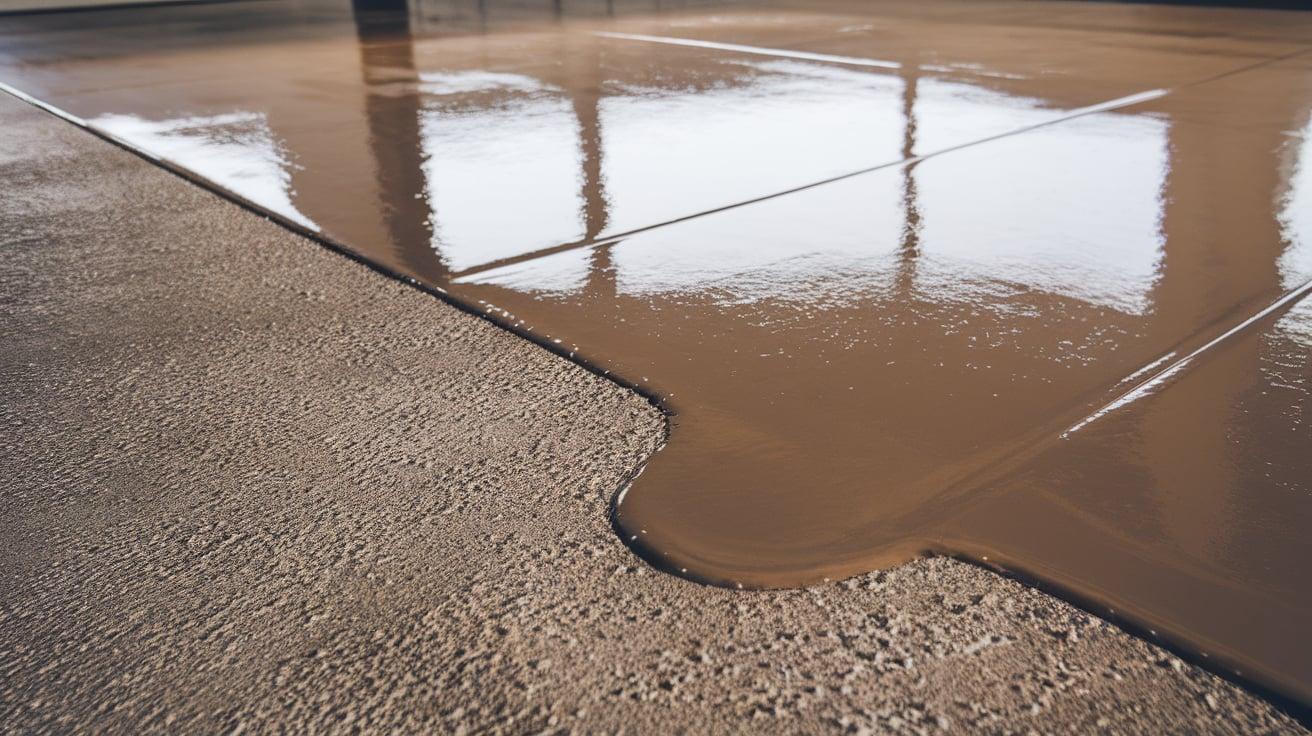Polyurea is a material that has found widespread application in the construction industry. This article delves into the various ways polyurea is utilized in construction projects, particularly emphasizing its benefits and advantages. By examining the properties of polyurea, its durability, resistance to wear and tear, and ability to withstand harsh environmental conditions, we can better understand its suitability for use in construction. In addition, we will explore how using polyurea can lead to cost savings and improved project outcomes.
Polyurea is a surface coating that is extensively employed in the construction industry, particularly for structures that experience high levels of usage. Its exceptional durability, resistance to abrasion, chemicals, and ultraviolet (UV) exposure render it an ideal choice for safeguarding high-traffic floors, roofs, and other structural components from everyday wear and tear.
The unique properties of polyurea make it a preferred choice for use in high-performance coatings. Its rapid curing time, high tensile strength, and low permeability make it an excellent alternative to traditional coatings like epoxy and polyurethane. Additionally, polyurea coatings are highly flexible, meaning they can withstand the stresses and strains that occur during a structure’s life without cracking or peeling.
Given its exceptional properties, polyurea is highly sought-after in construction projects that require durable, reliable, and long-lasting coatings. It is particularly well-suited for use in environments where high levels of abrasion, chemical exposure, and UV radiation are expected. As such, it is frequently used to protect floors, roofs, and other structural components in commercial, industrial, and institutional settings. One of the most practical applications of polyurea in construction is as a waterproofing agent. Its unique rapid-curing nature allows for efficient sealing of cracks and joints in structures, effectively preventing water infiltration and damage. The versatility of polyurea, which can be sprayed or applied in various methods, makes it a suitable choice for projects of all scales.
Another significant application of polyurea in construction is as a lining material for tanks, pipes, and storage containers. Polyurea linings create a robust barrier against corrosion, chemicals, and contaminants to ensure the durability and functionality of the storage system.
Polyurea is also utilized in creating industrial flooring systems due, to its performance characteristics that are highly valued in environments.
Polyurea flooring is known for its maintenance slip resistance and ability to withstand chemical spills, making it a popular option for manufacturing plants, warehouses, and industrial settings.
The use of polyurea has become increasingly prevalent in the construction industry due to its numerous applications in coatings and waterproofing solutions. Builders and contractors have embraced this material for its exceptional strength, flexibility, and ease of application, making it a valuable addition to any construction project.




